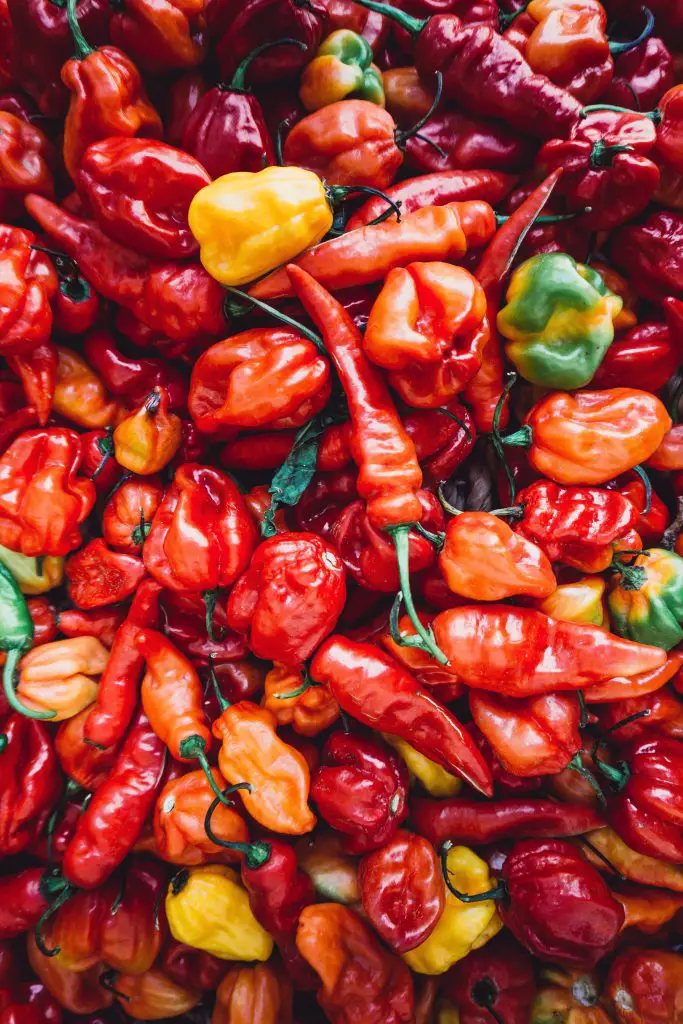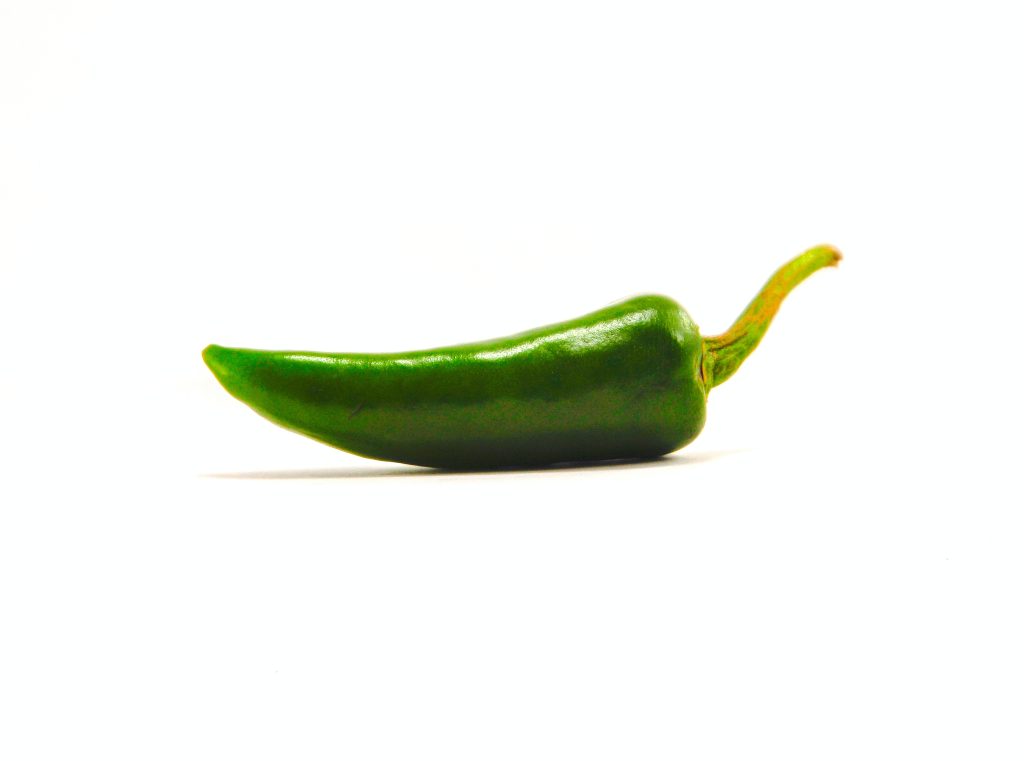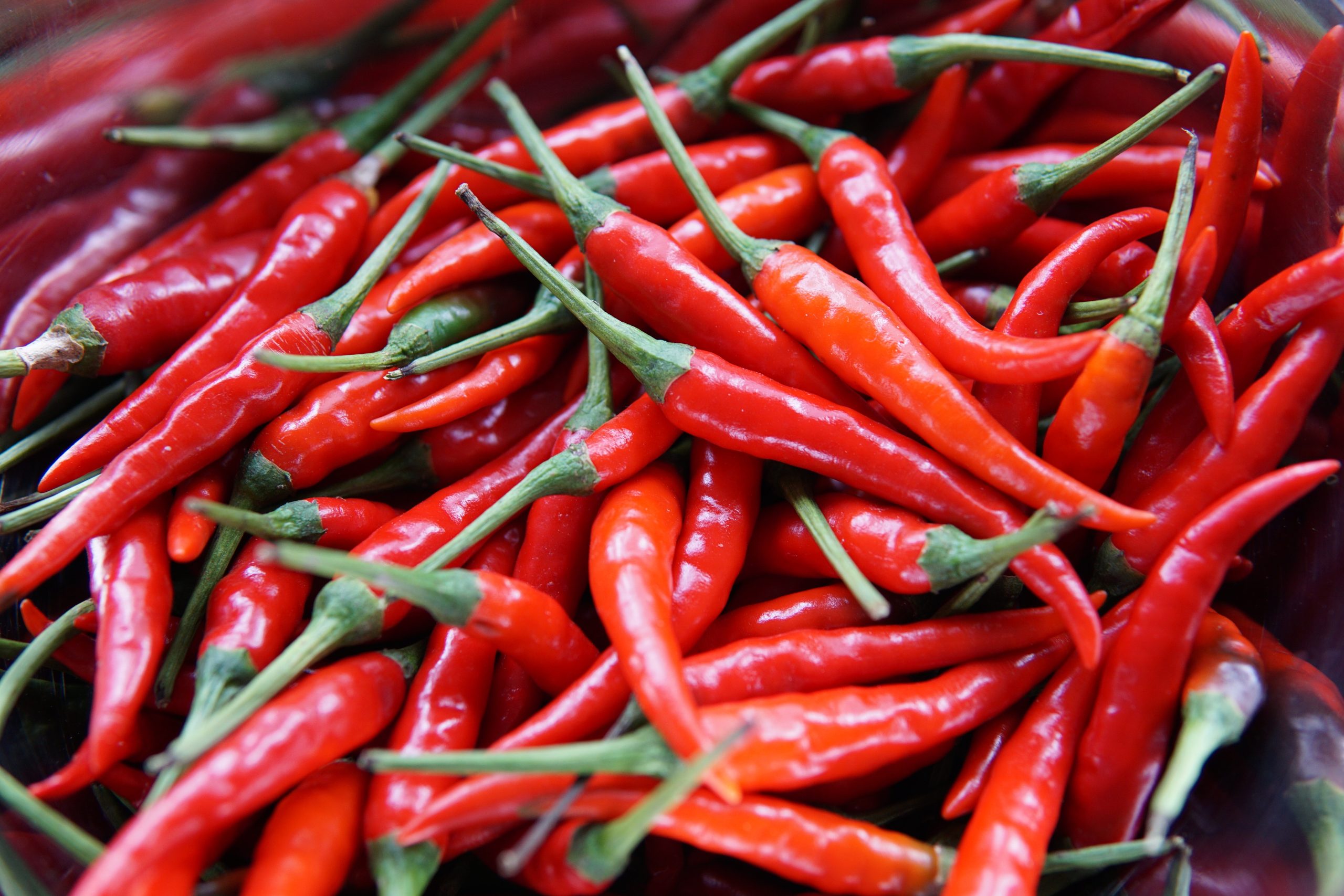Introduction:
Can spicy food cause palpitations? Spicy food has been a topic of debate for years, and one common concern that arises is whether consuming spicy food can lead to palpitations.
Palpitations are sensations of a rapid or irregular heartbeat that can cause anxiety and discomfort. In this comprehensive article, we will delve into the relationship between spicy food and palpitations, exploring the scientific evidence and shedding light on the factors that contribute to this phenomenon.
Can Spicy Food Cause Palpitations?
Before we dive into the spicy food connection, let’s first understand what palpitations are.
Palpitations are subjective sensations of an abnormal heartbeat, typically characterized by a racing, fluttering, or pounding feeling in the chest. They can occur due to various factors such as stress, anxiety, caffeine intake, certain medications, and underlying heart conditions.
The Spicy Food Debate:
The notion that spicy food can cause palpitations has been a subject of speculation and anecdotal claims.
However, scientific studies have provided mixed results. While some individuals may experience palpitations after consuming spicy foods, the link between the two is not well-established.
Capsaicin and Its Effects:
The primary compound responsible for the spiciness in chili peppers is capsaicin. It stimulates receptors in our mouths and creates a burning sensation.
Research suggests that capsaicin may transiently increase heart rate and blood pressure due to its ability to activate the sympathetic nervous system.
However, the impact of capsaicin on palpitations varies from person to person, and the effects tend to be short-lived.
Individual Sensitivity:
Individual sensitivity plays a significant role in determining whether spicy food will cause palpitations.
Some individuals may be more prone to experiencing palpitations due to various factors, such as existing heart conditions, heightened sympathetic response, or a predisposition to increased heart rate.
These individuals may be more likely to experience palpitations after consuming spicy food compared to others.

Potential Triggers:
Apart from capsaicin, other components present in spicy foods can potentially trigger palpitations.
These include caffeine, alcohol, and certain spices like black pepper. It is important to note that these substances, along with capsaicin, can have varying effects on individuals, and sensitivity to them can vary greatly.
Prevention and Management:
If you are someone who experiences palpitations after consuming spicy food, there are a few strategies you can employ to prevent or manage these sensations:
- Moderation: Limiting the intake of spicy foods or opting for milder versions can help reduce the likelihood of palpitations.
- Gradual Adaptation: Gradually increasing your tolerance to spicy foods by introducing small amounts over time may help your body adjust and potentially reduce the occurrence of palpitations.
- Identifying Triggers: Keep a record of your diet and note any patterns between certain foods and palpitation episodes. This can help you identify specific triggers and make informed dietary choices.
- Seek Medical Advice: If you frequently experience palpitations or have an underlying heart condition, it is advisable to consult a healthcare professional for a comprehensive evaluation and personalized guidance.
Exploring Alternative Explanations:
While capsaicin and individual sensitivity are commonly cited factors, it is worth considering other potential explanations for palpitations experienced after consuming spicy food.
For instance, the physical act of eating a large meal, regardless of its spiciness, can temporarily increase heart rate and blood flow to aid in digestion.
Additionally, the body’s response to the sensation of heat from spicy food, such as sweating and flushing, can create a false perception of increased heart rate.
Moreover, psychological factors like anxiety or stress related to consuming spicy food can also contribute to the experience of palpitations.
The anticipation of discomfort or fear of potential health effects can elicit physiological responses that mimic palpitations.
Therefore, it is crucial to consider the holistic context in which palpitations occur and not solely attribute them to the spiciness of the food.
Health Benefits of Spicy Food:
While the focus of this article is on the potential link between spicy food and palpitations, it is worth highlighting the health benefits associated with consuming spicy foods in moderation.
Spicy ingredients like chili peppers have been shown to possess antioxidant, anti-inflammatory, and antimicrobial properties. They may also aid in digestion, boost metabolism, and provide pain relief.
Furthermore, capsaicin has been studied for its potential cardiovascular benefits.
Research suggests that capsaicin may improve blood flow, reduce blood pressure, and have positive effects on lipid profiles.
These findings indicate that, for most individuals, consuming moderate amounts of spicy food can be part of a healthy, balanced diet.
Individual Variations and Moderation:

It is important to emphasize that each person’s response to spicy food can vary.
While some individuals may experience palpitations, others may not have any adverse effects.
Factors such as overall health, underlying heart conditions, medication use, and individual tolerance levels can influence how the body responds to the consumption of spicy food.
As with any dietary consideration, moderation is key. If you are concerned about palpitations or other adverse effects from consuming spicy food, it is advisable to monitor your own reactions and adjust your intake accordingly.
Pay attention to your body’s signals and make informed choices based on your individual needs and preferences.
Related Articles
Healthy Soul Food Turkey Wings
Conclusion:
In conclusion, the relationship between consuming spicy food and experiencing palpitations remains a complex and individualized matter.
While some individuals may report palpitations after consuming spicy food, the scientific evidence supporting a direct causal link is limited.
Sensitivity to capsaicin, individual predispositions, other food components, and psychological factors can all contribute to the experience of palpitations.
If you consistently experience palpitations or have an underlying heart condition, it is crucial to consult with a healthcare professional for a comprehensive evaluation and personalized guidance.
Moderation, self-awareness, and an understanding of your body’s responses are key in managing any potential discomfort associated with consuming spicy food.
As with any dietary consideration, it is advisable to maintain a balanced and varied diet that suits your individual needs and preferences.
By making informed choices and listening to your body, you can continue to enjoy the flavors and potential health benefits that spicy food has to offer.
Q: Is it true that spicy food can cause palpitations? A: The relationship between spicy food and palpitations is not well-established.
While some individuals may experience palpitations after consuming spicy food, the scientific evidence supporting a direct causal link is limited.
Factors such as individual sensitivity, existing heart conditions, and psychological factors can contribute to the experience of palpitations.
Q: What causes palpitations after eating spicy food? A: The primary compound responsible for the spiciness in chili peppers, capsaicin, can transiently increase heart rate and blood pressure due to its ability to activate the sympathetic nervous system.
However, the impact of capsaicin on palpitations varies from person to person.
Other factors, such as individual sensitivity, other food components (e.g., caffeine, alcohol, spices), and psychological factors, can also play a role in causing palpitations.
Q: Can everyone experience palpitations after eating spicy food? A: No, not everyone experiences palpitations after consuming spicy food.
Sensitivity to capsaicin and individual predispositions vary. Factors such as overall health, underlying heart conditions, medication use, and individual tolerance levels can influence how the body responds to the consumption of spicy food.
Some individuals may have no adverse effects at all.
Q: Are there any health benefits to consuming spicy food? A: Yes, consuming moderate amounts of spicy food can have health benefits.
Spicy ingredients like chili peppers contain antioxidants, anti-inflammatory properties, and may aid in digestion.
Capsaicin, the compound responsible for spiciness, has been studied for its potential cardiovascular benefits, such as improving blood flow, reducing blood pressure, and positive effects on lipid profiles.
Q: How can I prevent or manage palpitations after eating spicy food? A: If you experience palpitations after consuming spicy food, you can consider the following strategies:
- Moderation: Limit the intake of spicy foods or opt for milder versions.
- Gradual Adaptation: Gradually increase your tolerance to spicy foods by introducing small amounts over time.
- Identifying Triggers: Keep a record of your diet to identify any patterns between specific foods and palpitation episodes.
- Seek Medical Advice: If you frequently experience palpitations or have an underlying heart condition, consult a healthcare professional for personalized guidance.
Q: Can anxiety or stress related to consuming spicy food cause palpitations? A: Yes, anxiety or stress related to consuming spicy food can contribute to palpitations. Psychological factors can elicit physiological responses that mimic palpitations. The anticipation of discomfort or fear of potential health effects can create a false perception of increased heart rate.
Q: Is it safe to continue consuming spicy food if I experience palpitations? A: If you experience palpitations after consuming spicy food, it is advisable to monitor your own reactions and adjust your intake accordingly. Pay attention to your body’s signals and make informed choices based on your individual needs and preferences. If you have concerns or consistent palpitations, it is recommended to consult with a healthcare professional for a comprehensive evaluation and personalized guidance.
Please note that this article is for informational purposes only and should not replace professional medical advice. If you have specific concerns or questions about your health, it is always best to consult with a qualified healthcare provider.
My name is Phyllis Robinson MSN, RN. I have been a Registered Nurse for 27 years in the Cardiac Intensive Care Unit. I am passionate about cardiac care and heart disease. I also want this blog to be an educational tool that people can refer to for traditional and alternative treatment. I will blog on heart disorders such as high blood pressure, congestive heart failure, cardiomyopathy, and high cholesterol.
I received my Nursing degree from Baltimore Community College.
I went on to receive my Masters in Nursing from Walden University
I have worked for almost 30 years in Critical Care with a focus on heart health. I am an advocate of preventive healthcare.

